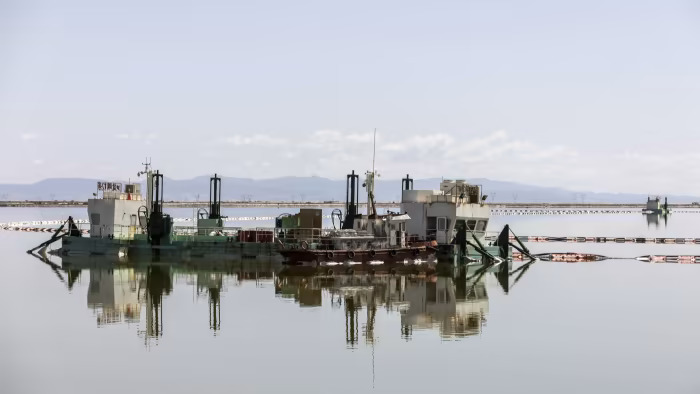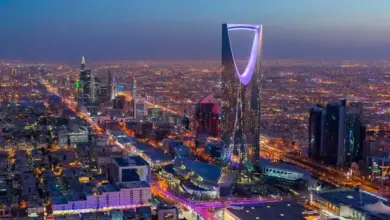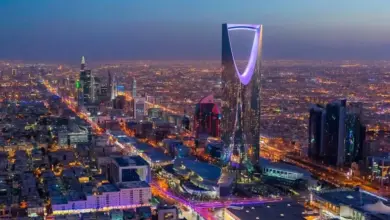
- A US-led group of 12 countries, along with the EU, aims to select large critical-minerals projects by the end of the year to reduce China's dominant role in producing raw materials for green technologies.
- The Mineral Security Partnership, established by the US in June, has shortlisted around 15 projects out of 200 options, covering mining, processing, and recycling of critical minerals from various regions including Africa, Europe, Latin America, and Asia.
- China's control over the supply chain of critical minerals is seen as a vulnerability by other countries, especially as the demand for minerals like lithium increases with efforts to reduce energy dependencies and cut greenhouse gas emissions.
- The partnership's objective is to diversify supply chains, not to exclude any country or monopolize supplies.
- China processes a significant percentage of lithium, cobalt, and rare-earth elements, raising concerns about the weaponization of clean-energy supply chains.
A US-led group of 12 countries, plus the EU, plans to select large critical-minerals projects to develop by year end, in an attempt to lessen China’s dominant role in producing raw materials needed for green technologies. The Mineral Security Partnership, convened by the US last June, has produced a shortlist of some 15 projects culled from about 200 options, said Jose Fernandez, US under-secretary for economic growth, energy and the environment, after visiting Sweden, Norway, Finland, France and the UK “It is our very strong hope that, by the end of the year, we will have a couple of big projects that will be announced,” he said. The shortlist spans mining, processing and recycling of critical minerals, and the projects are geographically diverse. They include some in Africa, “a couple” in Europe, a few in Latin America and others in Asia. China’s control of the supply chain for critical minerals was a “vulnerability” for other countries, Fernandez said. This would become more apparent as demand for minerals such as lithium, used in batteries, rises as countries looked to lessen energy dependencies and cut greenhouse gas emissions, he added. “If we are successful [with the projects], then we will start making a dent and moving a needle on what is now a vulnerability,” he said. Fernandez said the partnership was “not about excluding anyone”. “It’s not about monopolising any supplies. It is about just diversifying our supply chains,” he added. A report from the International Energy Agency in 2021 found that China processes 50 per cent to 70 per cent of lithium and cobalt, and nearly 90 per cent of rare-earth elements. Chinese companies have made substantial investments in Australia, Chile, the Democratic Republic of Congo and Indonesia, the IEA noted. In April Jake Sullivan, US national security adviser, said clean-energy supply chains were at risk of being “weaponised” in the way oil was during the 1970s or gas has been since Russia invaded Ukraine. Fernandez said reason why some countries had joined the partnership was because they had already been “victims of the weaponisation” of minerals. The partnership’s members include Australia, Japan, the UK, Germany, France, Korea, Canada and the EU. A report from the OECD said China was at the forefront of expanding export restrictions on critical minerals. Beijing increased the number of restrictions on critical raw materials needed for electric cars and renewable energy, such as lithium, cobalt and manganese, by a factor of nine in the 11 years to 2020, the research said. Fernandez said the minerals partnership was focused on higher environmental, social and governance standards, amid concerns about issues such as child labour and environmental damage in mining. “The bet is that if, given an alternative that involves the highest environmental principles, the highest engagement with communities, that doesn’t make countries choose between economic growth and environmental degradation, then, given that choice, producing countries will choose to work with our partners. We are testing that right now.” None of the shortlisted projects involved deep-sea mining despite growing interest by some countries in extracting battery metals from the ocean floor. This includes Norway, where the government is preparing plans to open a wide area of ocean to deep-sea mining. Fernandez said he discussed deep-sea mining briefly with politicians in Oslo on his visit there, but the US was taking a “precautionary” approach until more study on effects was conducted.




